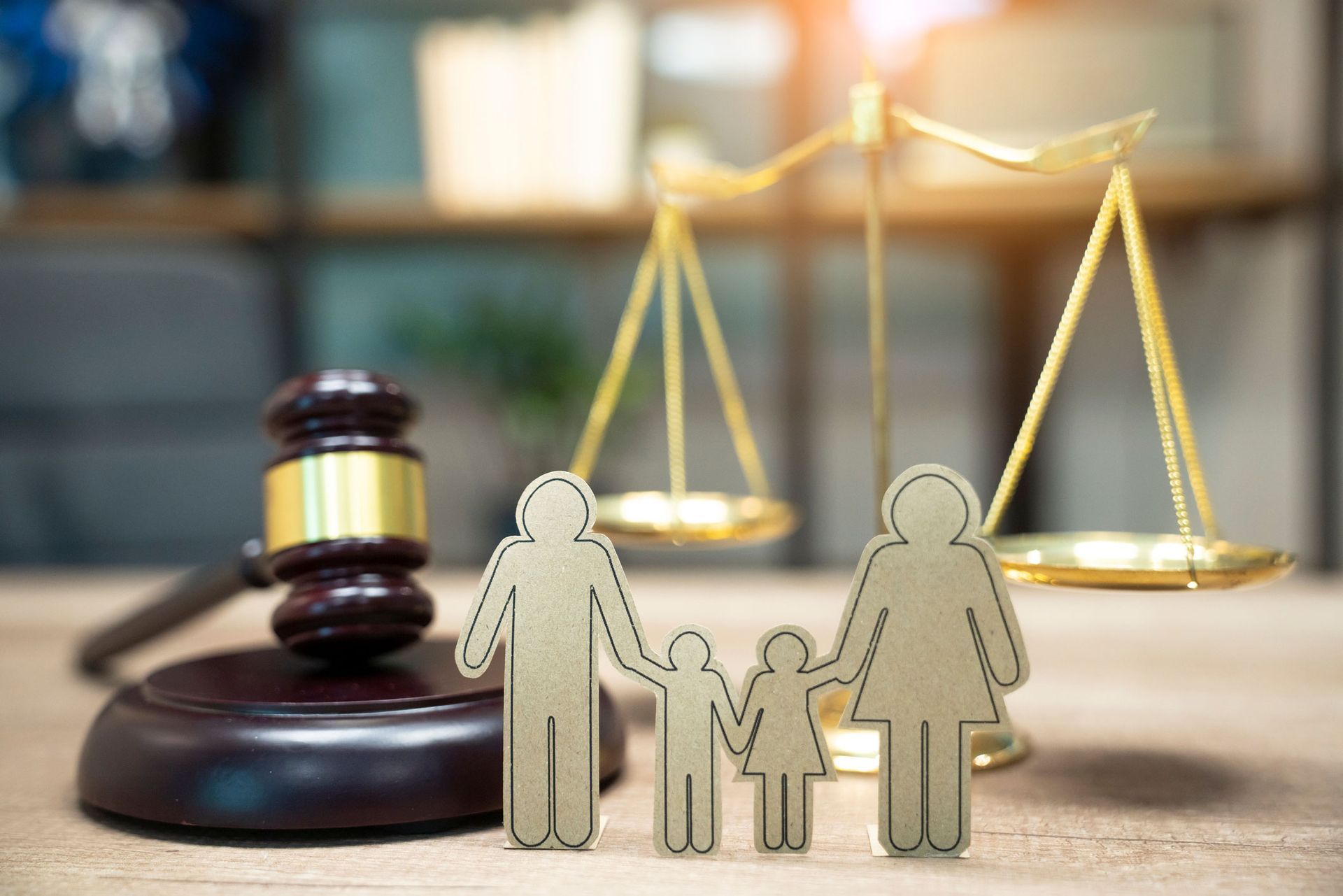The executor’s role in the probate process

After a loved one passes away, someone must take on the role of executor of their estate. If the deceased left behind a will, that document will likely include the name of the person they designated to be the executor. This is an important job. The executor’s role is to guide the estate through probate court, settle its debts and honor the deceased’s final wishes.
Here are some of the executor’s most important duties.
- Begin the probate process by submitting an original copy of the will to the court.
- Identify and secure the deceased’s assets as soon as possible after they pass away.
- Go through those assets to determine which must pass through probate and which can avoid it.
- Manage the assets until they are distributed. For example, making sure the mortgage payments on the house get made.
- Notify known creditors, such as banks and credit card companies, of the deceased’s passing.
- Once creditors start making claims against the mistake, review those claims and approve or deny paying them.
- If necessary, sell assets to raise the cash to pay creditor claims.
- Calculate and pay estate taxes, if any.
- Distribute the remaining assets according to the will or trust’s instructions.
Another responsibility for the executor is to represent the estate’s interests if someone
challenges the will’s validity. The executor must then defend the will in court if it comes to that. Though will challenges are fairly rare in Illinois, they do happen. Sometimes, family members are suspicious of an amended will from shortly before the decedent’s death. Or a relative comes forward with what they say is the testator’s actual final will.
A lawyer can help you
Fortunately, as executor, you can seek representation and advice from a probate attorney. Their guidance can make the process smoother and faster and reduce the chances of litigation.








